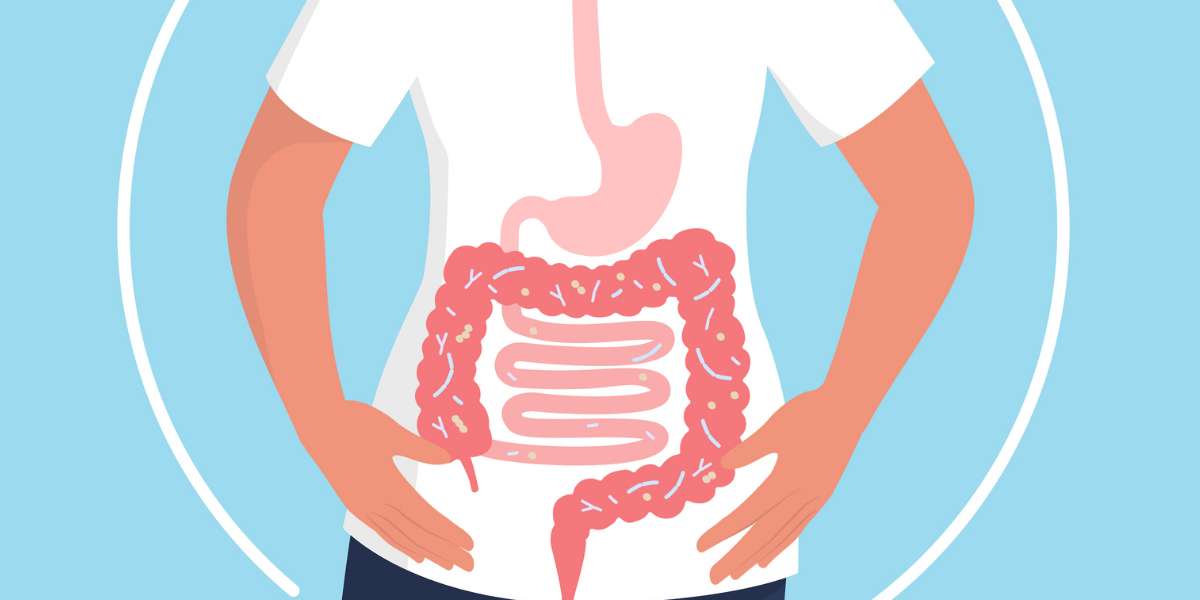Regularly consuming almonds is beneficial for the health of your gut, latest research has demonstrated.
A study conducted by King’s College London has found that eating almonds everyday escalates the production of butyrate acid – the main source of fuel for the cells lining the colon.
During the experiment, the team of academics examined how whole and ground almonds impact a person’s gut microbiome.
- Extra microbiome variations and reduced inflammation triggered by fermented foods, study reports
- Gut response to digesting red meat could explain its associated risks of heart disease
The gut microbiome is made up of trillions of bacteria, fungi and other microbes. It helps the human body control digestion and benefits the immune systems.
A total of 87 individuals took part in the study, all of whom do not eat enough fibre and snack on processed foods, such as crisps and chocolate.
As part of the four-week long experiment, the participants were separated into three groups. Group one snacked on whole almonds, group two snacked on ground almond and group three snacked on energy-matched muffins.
The scientists detected higher levels of butyrate in the participants snacking on almonds compared to those snacking on muffins.
In addition, they discovered that the participants eating whole almonds had an extra 1.5 bowel movements every week compared to the ground almond and muffin groups – implying that almonds are beneficial for people with constipation.
- Effects of ‘chemical dark matter’ found in gut bacteria could aid understanding of cancer development
- Heart attacks, heart failure and angina triggered by imbalanced gut bacteria
According to the report, people who regularly consume whole and ground almonds increase their intake of fibre, monosaturated fatty acids, potassium and other essential dietary nutrients.
Main author Professor Kevin Whelan said: “Part of the way in which the gut microbiota impact human health is through the production of short-chain fatty acids, such as butyrate.
“These molecules act as a fuel source for cells in the colon, they regulate absorption of other nutrients in the gut, and help balance the immune system.”
He added: “We think these findings suggest almond consumption may benefit bacterial metabolism in a way that has the potential to influence human health.”
The study has been published in the American Journal of Clinical Nutrition.
Read more:




